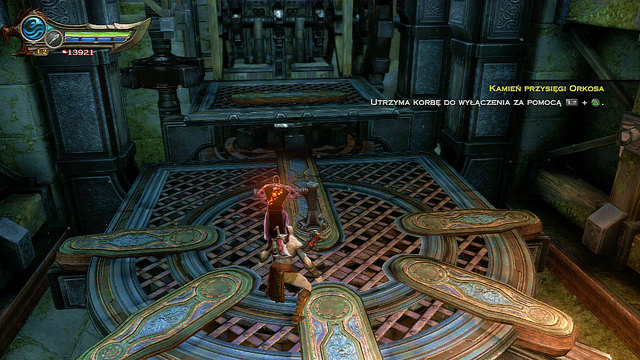

Timothy, so it is recorded, was the first to receive the episcopate of the parish in Ephesus, Titus of the churches in Crete.ħ. Luke also in the Acts speaks of his friends, and mentions them by name.Ħ. For he had innumerable fellow-laborers, or fellow-soldiers, as he called them, and most of them were honored by him with an imperishable memorial, for he gave enduring testimony concerning them in his own epistles.ĥ. But the number and the names of those among them that became true and zealous followers of the apostles, and were judged worthy to tend the churches founded by them, it is not easy to tell, except those mentioned in the writings of Paul.Ĥ. And in how many provinces Peter preached Christ and taught the doctrine of the new covenant to those of the circumcision is clear from his own words in his epistle already mentioned as undisputed, in which he writes to the Hebrews of the dispersion in Pontus, Galatia, Cappadocia, Asia, and Bithynia. That Paul preached to the Gentiles and laid the foundations of the churches from Jerusalem round about even unto Illyricum, is evident both from his own words, Romans 15:19 and from the account which Luke has given in the Acts.Ģ. This will serve to show the divine writings that are undisputed as well as those that are not universally acknowledged.

Hence, as we know, it has been publicly read in churches, and I have found that some of the most ancient writers used it.ħ. But as the same apostle, in the salutations at the end of the Epistle to the Romans, has made mention among others of Hermas, to whom the book called The Shepherd is ascribed, it should be observed that this too has been disputed by some, and on their account cannot be placed among the acknowledged books while by others it is considered quite indispensable, especially to those who need instruction in the elements of the faith. In regard to the so-called Acts of Paul, I have not found them among the undisputed writings.Ħ. But what has been said concerning this epistle by those who lived before our time I shall quote in the proper place. It is not indeed right to overlook the fact that some have rejected the Epistle to the Hebrews, saying that it is disputed by the church of Rome, on the ground that it was not written by Paul. Paul's fourteen epistles are well known and undisputed. Such are the writings that bear the name of Peter, only one of which I know to be genuine and acknowledged by the ancient elders.ĥ. But in the course of my history I shall be careful to show, in addition to the official succession, what ecclesiastical writers have from time to time made use of any of the disputed works, and what they have said in regard to the canonical and accepted writings, as well as in regard to those which are not of this class.Ĥ.

The so-called Acts of Peter, however, and the Gospel which bears his name, and the Preaching and the Apocalypse, as they are called, we know have not been universally accepted, because no ecclesiastical writer, ancient or modern, has made use of testimonies drawn from them.ģ. But we have learned that his extant second Epistle does not belong to the canon yet, as it has appeared profitable to many, it has been used with the other Scriptures.Ģ. And this the ancient elders used freely in their own writings as an undisputed work. One epistle of Peter, that called the first, is acknowledged as genuine.

Paul mentions him, when writing to Timothy from Rome, in the salutation at the end of the epistle. After the martyrdom of Paul and of Peter, Linus was the first to obtain the episcopate of the church at Rome. What do we need to say concerning Paul, who preached the Gospel of Christ from Jerusalem to Illyricum, and afterwards suffered martyrdom in Rome under Nero? These facts are related by Origen in the third volume of his Commentary on Genesis. And at last, having come to Rome, he was crucified head-downwards for he had requested that he might suffer in this way. Peter appears to have preached in Pontus, Galatia, Bithynia, Cappadocia, and Asia to the Jews of the dispersion. Parthia, according to tradition, was allotted to Thomas as his field of labor, Scythia to Andrew, and Asia to John, who, after he had lived some time there, died at Ephesus.Ģ. Meanwhile the holy apostles and disciples of our Saviour were dispersed throughout the world. The Parts of the World in which the Apostles preached Christ.ġ. Includes the Catholic Encyclopedia, Church Fathers, Summa, Bible and more all for only $19.99.
#Chapter 11 god of war ascension full
Please help support the mission of New Advent and get the full contents of this website as an instant download.


 0 kommentar(er)
0 kommentar(er)
